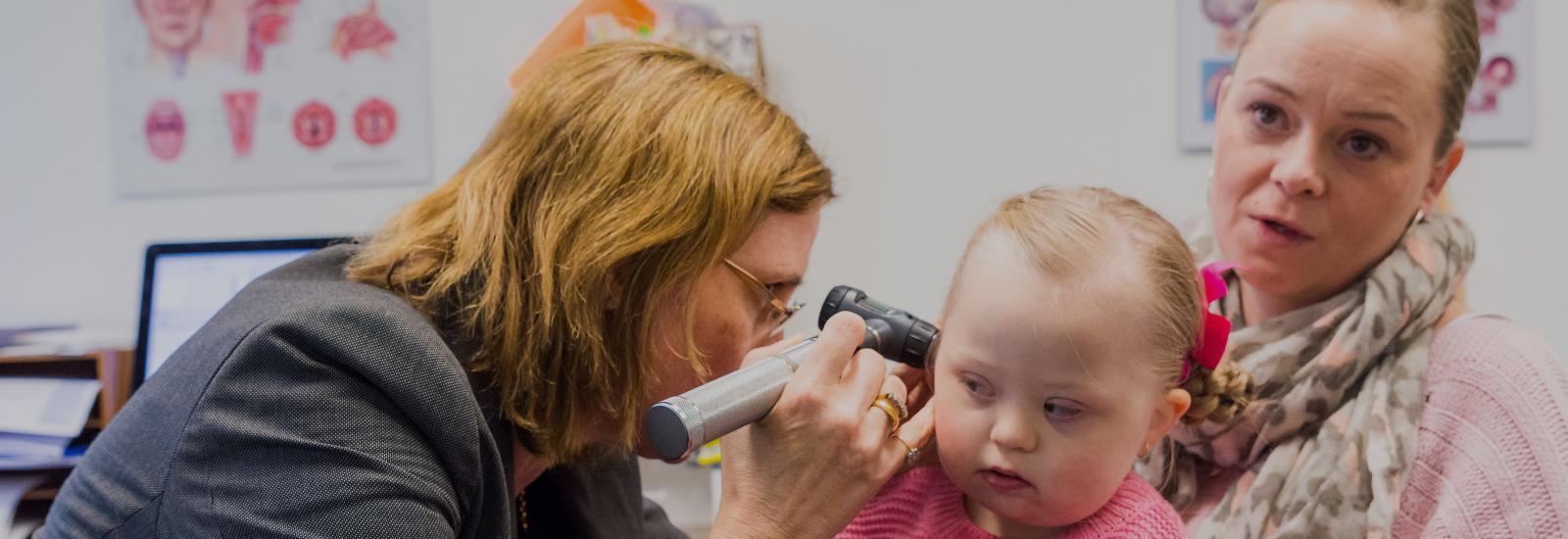The following is a list of the main types of developmental and behavioural conditions and disorders that can occur with children and young adults.
ADHD (Attention Deficit Hyperactivity Disorder)
Although ADHD develops at a young age, symptoms often continue into adulthood. As the name of the disorder suggests, children with ADHD have difficulty concentrating on tasks, are prone to periods of hyperactivity (for example not being able to sit still) and tend to act more impulsively, and lack patience. The exact cause of ADHD is not fully understood, but the condition does seem to be inherited. Intellectual and learning difficulties and domestic problems may also be contributory factors. As with autism, it affects males more than females. Around 5% of children develop ADHD, with around 3% of all adults affected.
Autism
Autism Spectrum Disorders (ASD)*, where children have difficulty in communication and social interaction with others and often involve repetitive behaviours, affect roughly 1%-1.5% of all children and males are 4-5 times as likely to develop the disorder than females. What causes autism and related disorders is not fully understood by medical science.
Autism Spectrum Disorders can range from mild to severe (DSM V criteria level 1-3), that is some children will only develop a mild form of the disorder, while others may have a severe form. The earlier ASD is diagnosed the more likely it is that better outcomes will be achieved.
*conditions previously referred to as Autistic Disorder, Asperger's and/or Pervasive Developmental Disorder (not otherwise specified) are now classified as ASD
Behavioural difficulties
Anything up to 10% of children under 12 develop some form of behavioural difficulty and most of these children are male - boys are twice as likely to develop these disorders than girls. As with autism and ADHD, there is no clear cause of behavioural difficulties, but a number of risk factors have been identified, similar to those for ADHD. Behavioural difficulties are further classified into Oppositional Defiant Disorder (ODD), Conduct Disorder (CD) and ADHD (see above).
In some cases, behaviour change may be caused by external factors, for example illness in close family or bullying.
Developmental delay
Developmental delay is more of a symptom that a condition or disorder in its own right. Where a child seems to be developing more slowly than others, either physically or intellectually or both, this is a cause for concern. Developmental delay maybe global affecting the areas of gross and fine motor, speech and language and social interaction. Developmental delay may indicate an underlying condition, such as cerebral palsy (predominately motor), intellectual disability (cognitive), ASD (speech and social interaction) or a problem with hearing which maybe specific or as part of global delay.
Digestive / feeding difficulties (including constipation)
It can be difficult to isolate the cause of feeding difficulties, or even to determine if it is not just a simple case of 'fussy eating'. There are many things that may be causing feeding or digestive issues and so it is important to have symptom of feeding difficulties reviewed by your GP or by a Paediatrician.
Ex premature children
Any birth that takes place before the end of the 36th week is classified as premature. Infants and children who are born prematurely are at greater risk of developing impaired neurodevelopment, long term (chronic) health conditions and are more likely to require surgical intervention for health issues than those who are born at or after full term especially if they are extremely premature (25-30 weeks).
The conditions that often require surgery in ex premature children include eye surgery (to correct retinopathy) and inguinal hernia repair.
Ex premature children can also be more susceptible to medical problems that affect anaesthesia.
Learning difficulties
Learning difficulties is a broad term that primarily refers to difficulties in reading, writing and understanding mathematics. In Australia up to 16% of all students are considered by teachers to have some form of learning difficulty, with 4% of students having a more severe form referred to as 'learning disability'. In some cases, a learning difficulty or disability may be caused by dyslexia - a condition related specifically to difficulties with reading, writing and spelling.
Sleep issues (including bedwetting)
Problems relating to sleeping in children may be caused by behavioural issues or existing medical conditions, such as obstructive sleep apnoea or ear infection. Most cases are behavioural in nature.
Weight / obesity issues
Current estimates indicate that around 28% of children and teenagers in Australia are overweight or obese. Been overweight or obese put a child at risk of developing other medical conditions such as Type 2 diabetes, heat intolerance, sleep issues (eg apnoea).
With all of these conditions, the earlier a condition is diagnosed the more likely it is that better outcomes will be achieved.
